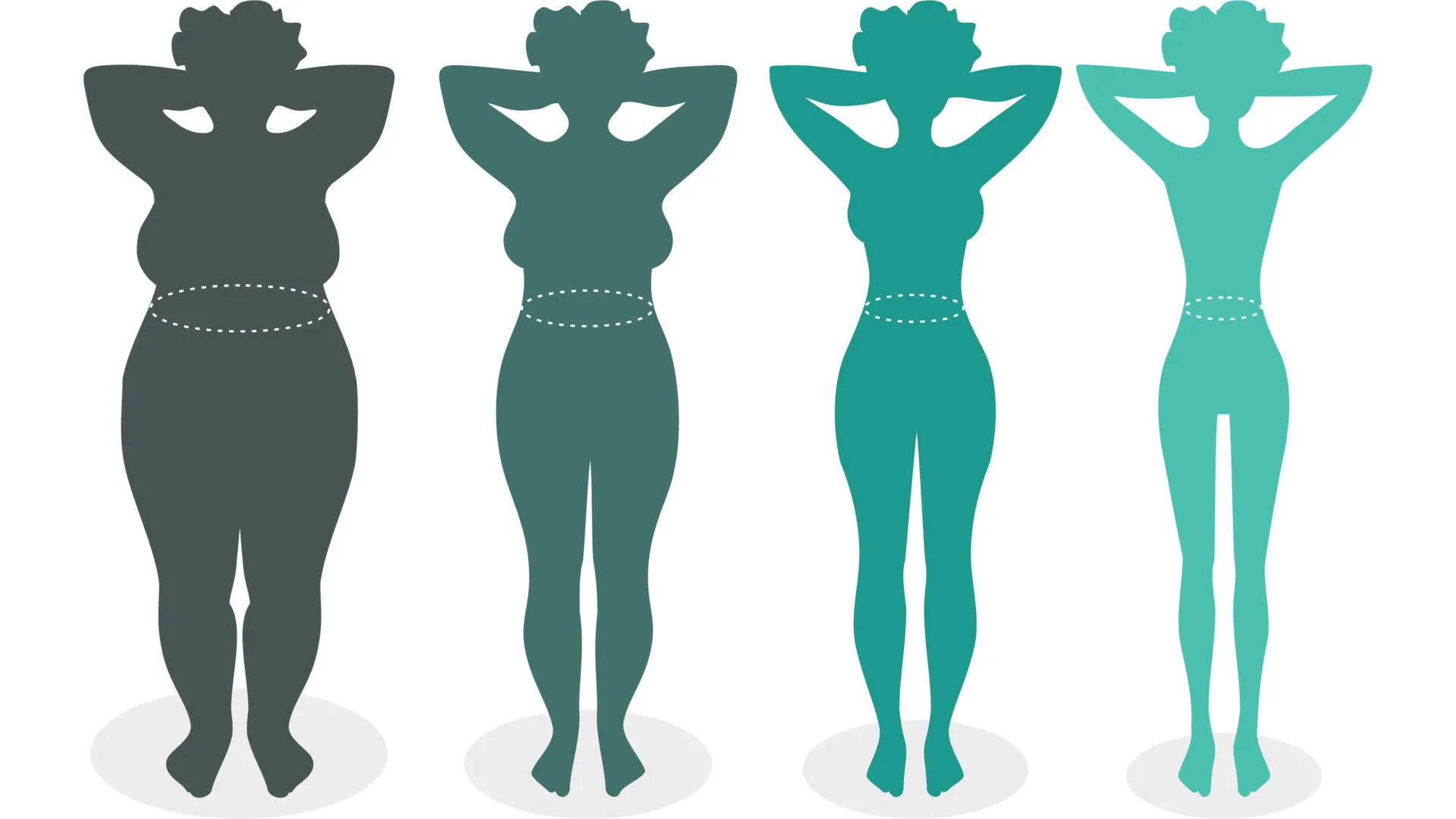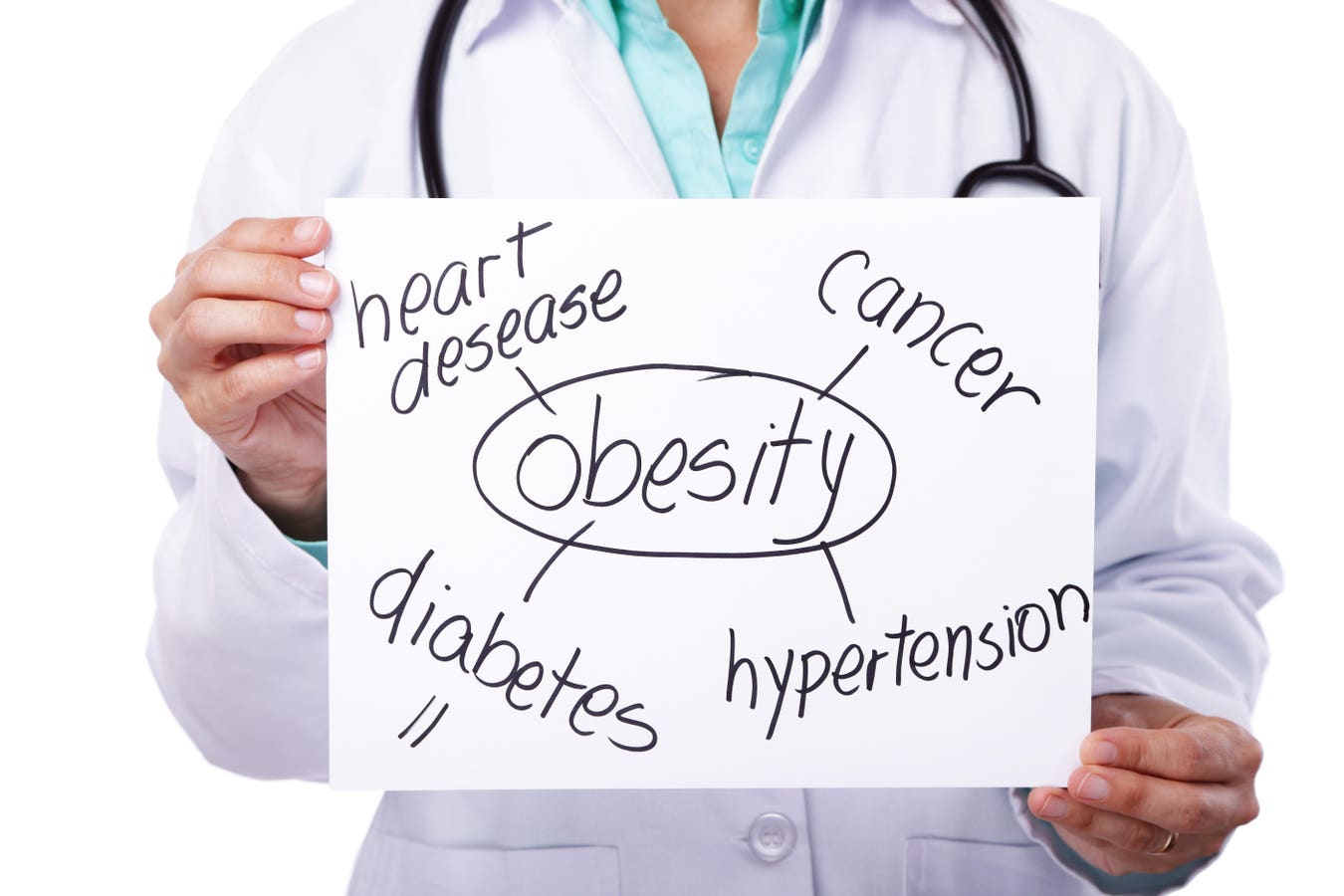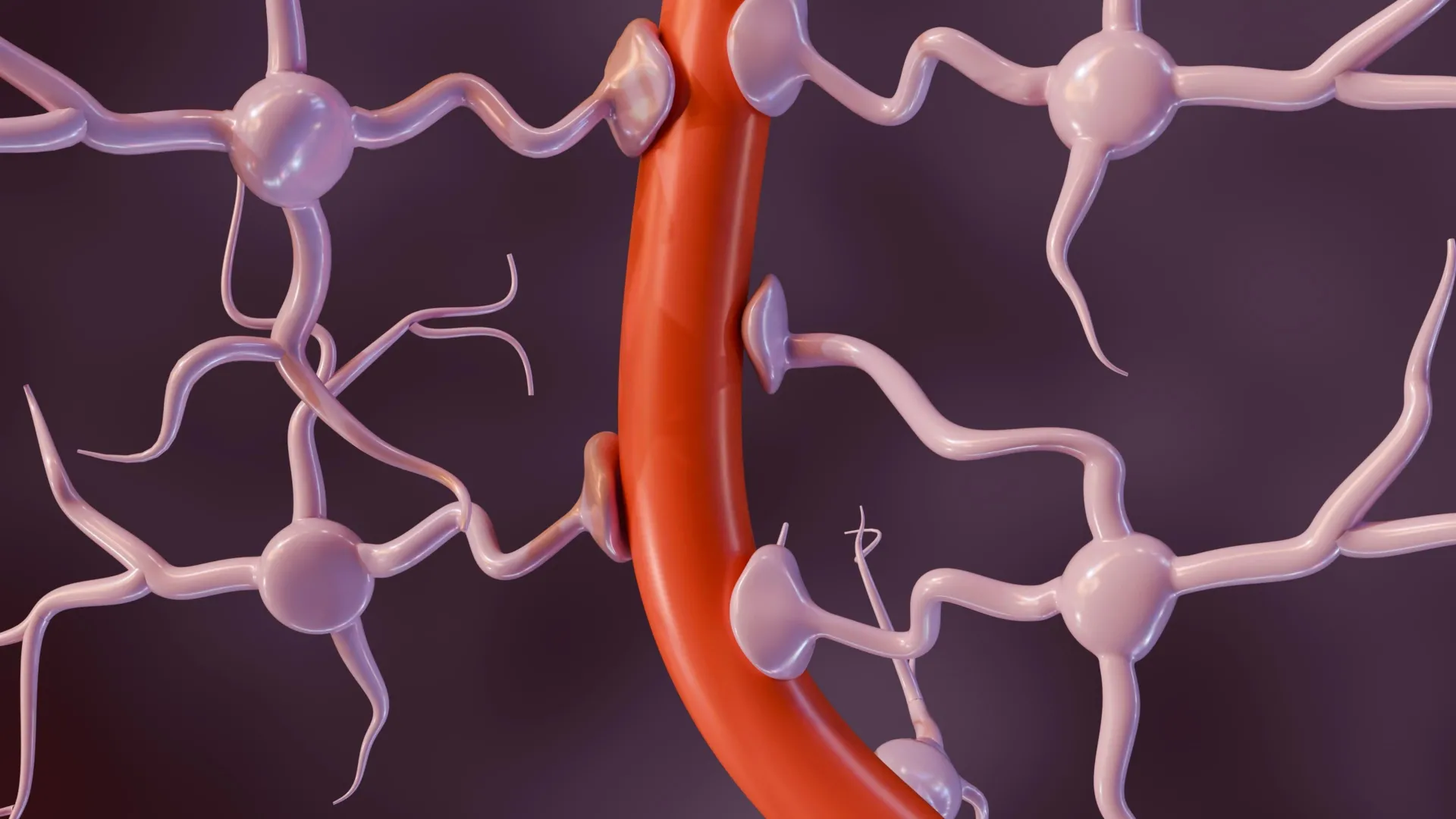Kids are increasingly riding light electric vehicles which include e-bikes, electronic scooters, electric dirtbikes and mopeds
Los Angeles Times via Getty Images
Look in your rearview mirror these days on suburban roads. You may do a double take. Is that a child zipping by on a motorcycle with no…









